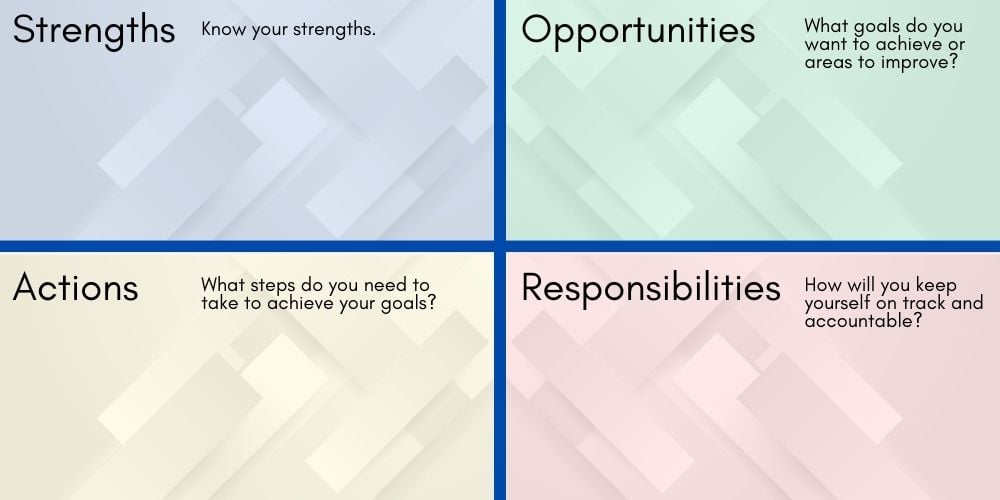 I'm going to say it- it's easier to coach someone else than it is to coach yourself. Just think about it, how often do we latch on to giving our two cents when it comes to anything? From giving our friends some advice on a new diet, telling someone how to optimize their workflow, to relationship advice and how to handle conflict at work. All of these things require little or no acceptance or awareness of how we execute any of those things. This distancing is why we prefer to focus on others rather than ourselves- it just feels better. You feel like you're being helpful, you're accomplishing something by giving someone advice or coaching someone, you're fostering a relationship, be it at work or in your personal life. But, when's the last time you asked yourself this question: Did this person really need to hear what I just told them, and why did I feel it was necessary to share that with them?
I'm going to say it- it's easier to coach someone else than it is to coach yourself. Just think about it, how often do we latch on to giving our two cents when it comes to anything? From giving our friends some advice on a new diet, telling someone how to optimize their workflow, to relationship advice and how to handle conflict at work. All of these things require little or no acceptance or awareness of how we execute any of those things. This distancing is why we prefer to focus on others rather than ourselves- it just feels better. You feel like you're being helpful, you're accomplishing something by giving someone advice or coaching someone, you're fostering a relationship, be it at work or in your personal life. But, when's the last time you asked yourself this question: Did this person really need to hear what I just told them, and why did I feel it was necessary to share that with them?
Self-awareness is something that we at Progress Coaching deal with regularly with clients. They mention their staff is in need of self-awareness skills and that it's the reason they're struggling with a myriad of coaching issues. Here's the kicker, though. Self-awareness isn't something we can tell someone to just "change". This seems obvious when you phrase it with something like, "Hey, Greg, you're lacking a self-awareness and I need you to change it, pronto." So, what's Greg going to do, just go back and say, "Yeah, you're right, don't know specifically what you're referencing, but I'll work on my entire self-awareness and get back to you once I'm in a meditative state..."
I'm bringing this up because we often require this self-awareness of others without truly recognizing the process that it requires with ourselves. Without knowing how to look at ourselves and examine what is working and isn't working, we don't have the capability to teach these things to our employees, peers, or students. Going back to why we as social creatures choose to give our two cents rather than examine ourselves and our relations to those areas of feedback- it's harder. That examination requires self-awareness. If you, the coach, work on your self-awareness, maybe you'll be less inclined to give your two cents and will be more inclined to ask for everyone else's.
What are some ways you work on your self-awareness, and have you found that being more self-aware leads to better coaching interactions? Let me know in the comments below! Be sure to check back next week, when I'll share some of the most helpful ways you can look at your own self-awareness to make you a better coach.






